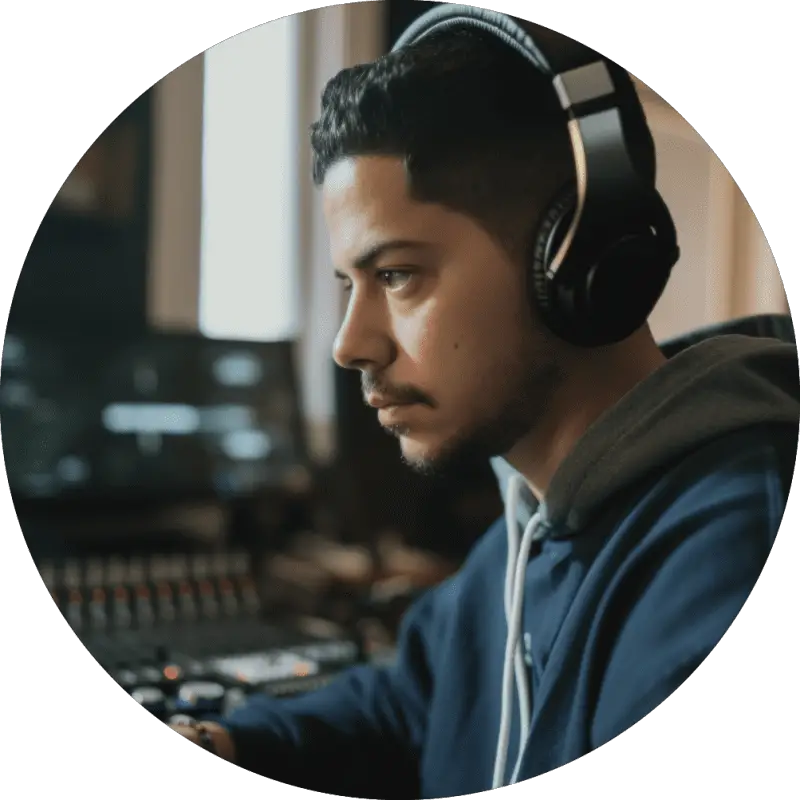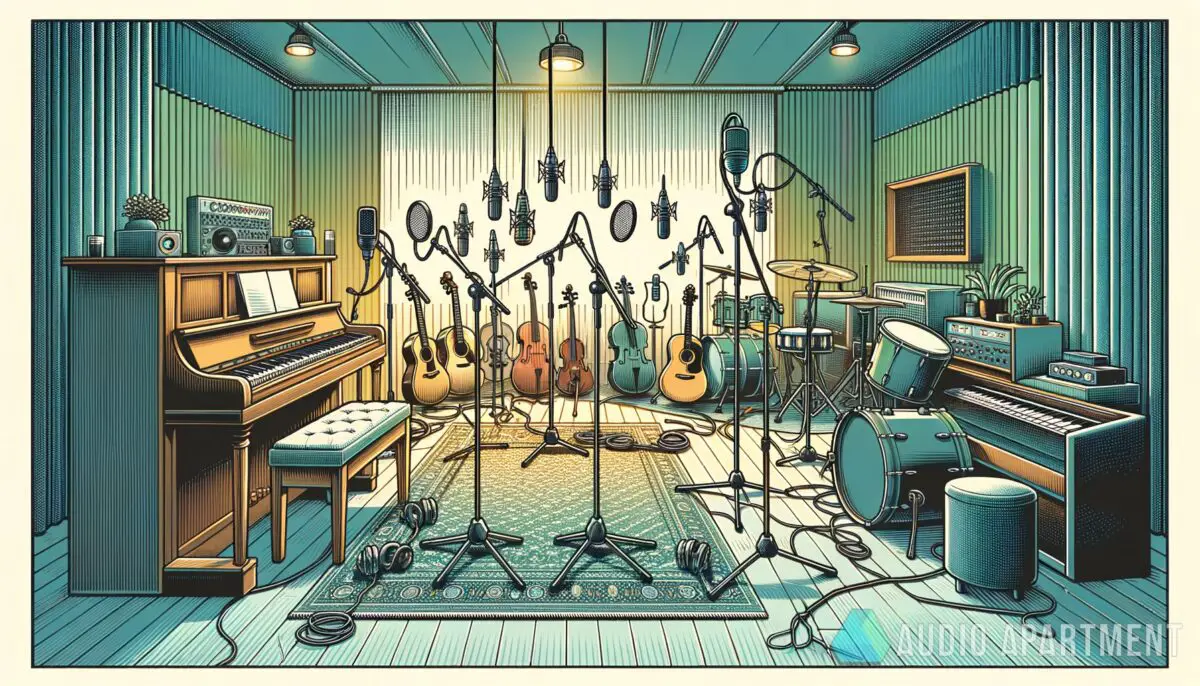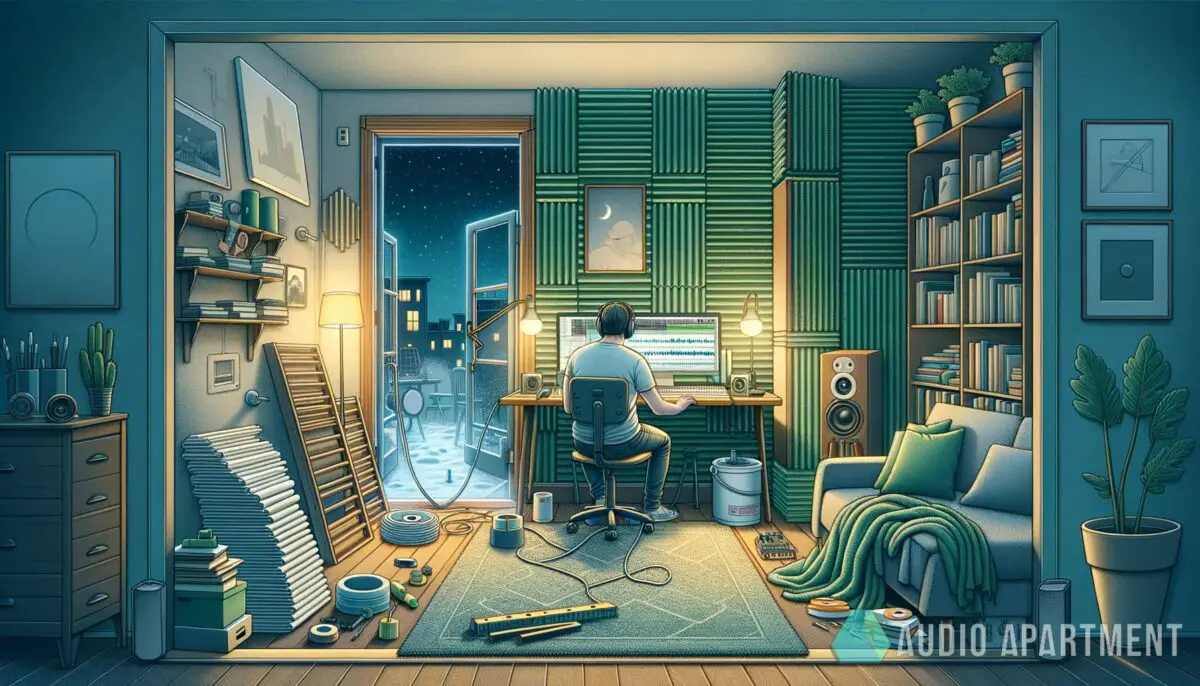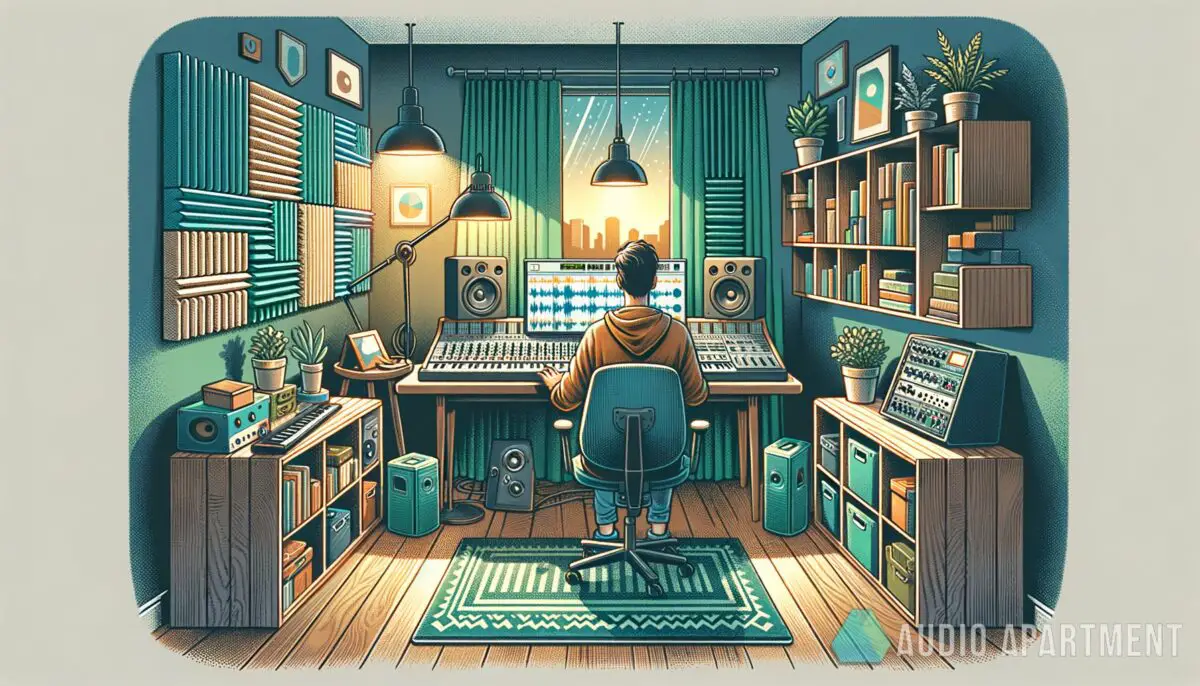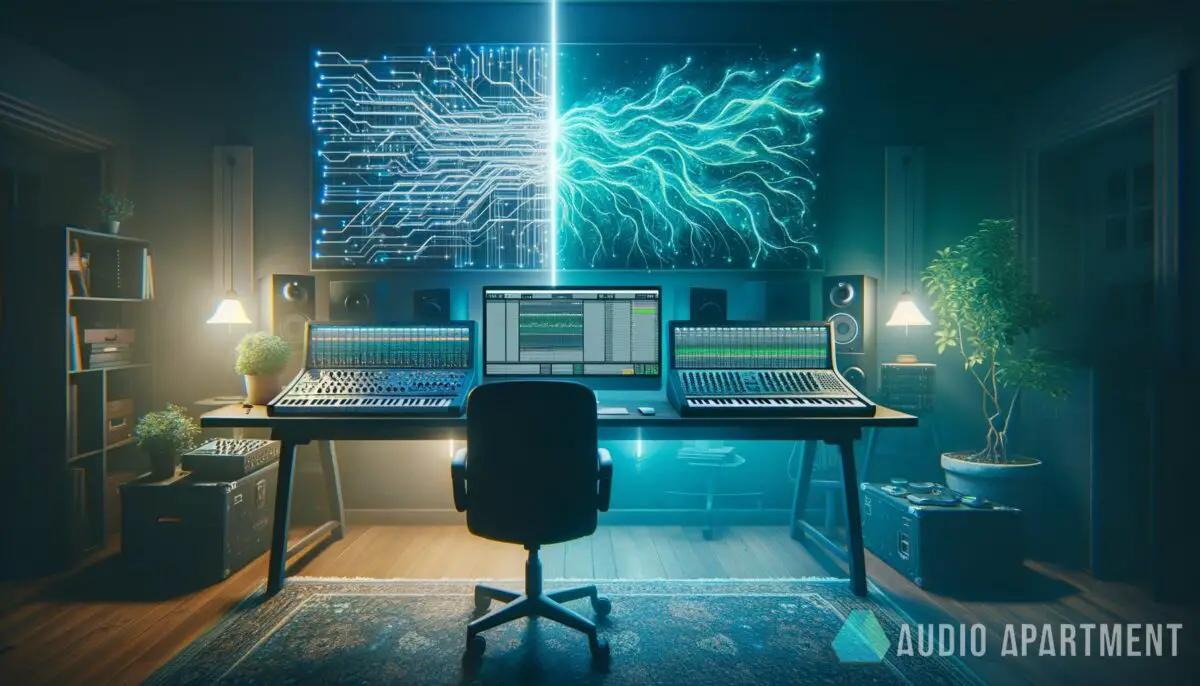Do you often find yourself tapping your microphone in order to get someone’s attention? Or are you one of those people who just can’t help but start talking even when there’s no one around? If you’ve ever found yourself doing either of these things, you’re not alone. In fact, it’s known as the “mic-tapping syndrome.” But why do people tap microphones?
This article covers why people tap microphones and the proper way of tapping them. So if you’re one of those people who tap their mic, this post is for you!
Why do people tap microphones? There are many reasons why people might tap microphones. For example, they might tap the microphone to test if it is working, to check the sound quality, or to adjust its position. Tapping the microphone can also set a rhythm for a song or performance, especially in music genres like rap or hip-hop, where the microphone might be used as a percussion instrument.
What is a microphone?
A microphone is a device that converts sound waves into an electrical current. It is used to capture and amplify sound, making it possible to record or transmit sound over a distance. There are many different types of microphones, each designed for specific purposes.
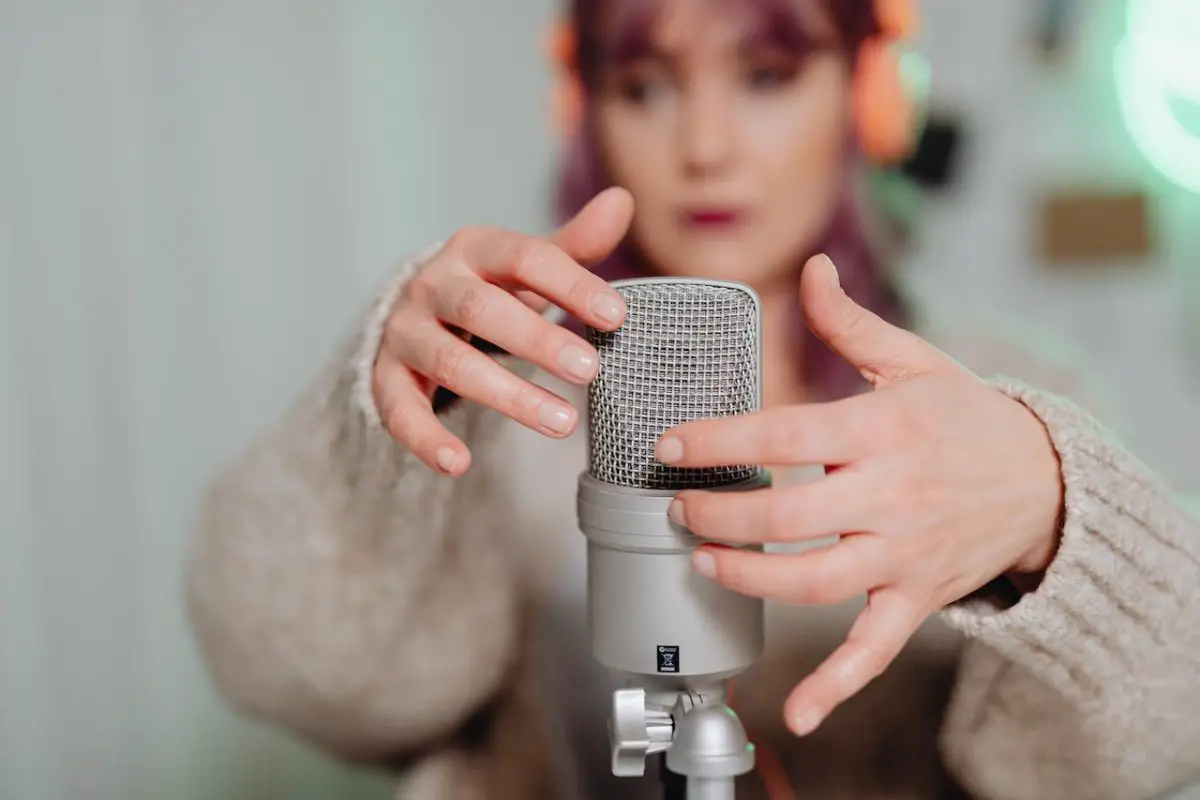
For example, some microphones are designed to pick up sound from a distance, while others are more sensitive to certain sound frequencies. Microphones are used in various applications, including recording music, broadcasting news, and amplifying sound in live performances.
AKAI Professional MPK Mini MK3

AKAI Professional MPK Mini MK3
How do microphones work?
A microphone works by converting sound waves into an electrical current. First, sound waves enter the microphone, causing a thin membrane or diaphragm to vibrate. These vibrations are then converted into an electrical current using a magnet and coil or by changing the resistance of a thin film. The electrical current produced by the microphone can then be amplified and used to transmit or record the sound.
Why do people tap microphones?
There are a few reasons why people might tap microphones:
1. Test if the microphone is working
Tapping a microphone can be a quick way to check if it is working and producing sound. This is often done before a speech or performance to ensure the microphone is functioning properly.
In some situations, people might tap a microphone to get the attention of the audience or the people they are speaking to.
2. Checking the sound quality
Tapping a microphone is also a way to check the quality of the sound being produced. This can be useful for audio engineers setting up a microphone for a recording or a live performance.
3. A way to get attention
In some situations, people might tap a microphone to get the attention of the audience or the people they are speaking to. This can be a useful way to signal that someone is about to speak or to signal a change in the program.
4. To add emphasis
Tapping a microphone can also add emphasis to a point being made. This can be especially effective if the tapping is done in time with the speaker’s words.
How do you tap microphones properly?
Here are a few tips for tapping microphones properly:
1. Test the microphone before tapping it
Before you tap the microphone, ensure it is turned on and working properly. This will help you avoid unnecessary tapping and ensure the microphone is functioning correctly.
2. Tap gently
When tapping the microphone, be sure to do it gently. This will help avoid damaging the microphone or causing unnecessary noise.
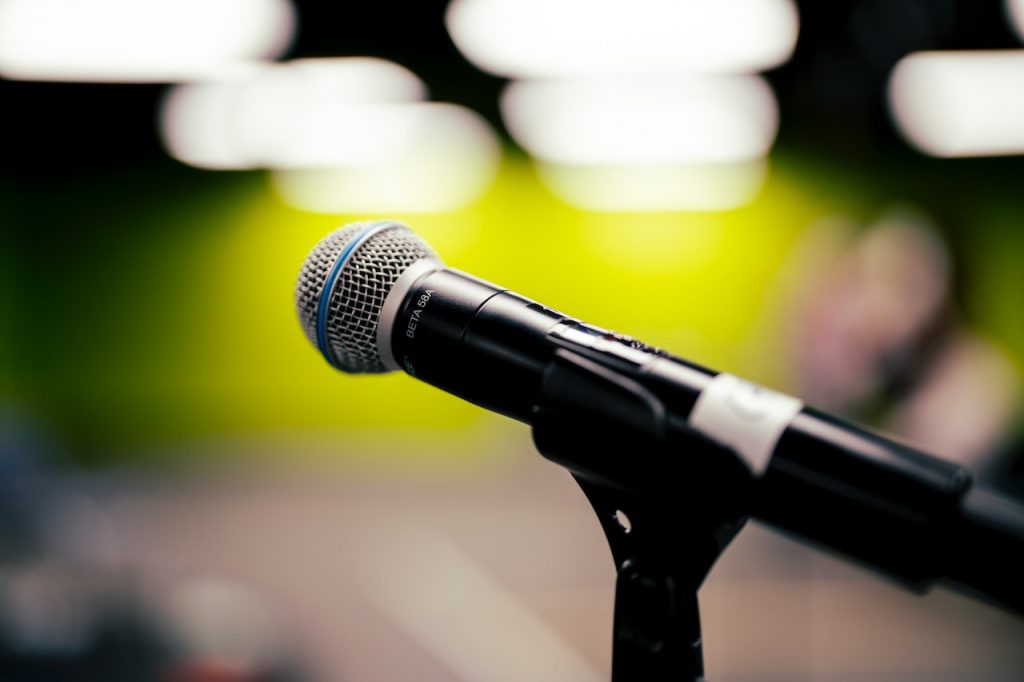
3. Avoid tapping the microphone too often
Tapping the microphone too frequently can be annoying for the audience and can distract from the content of the speech or performance.
4. Use the microphone responsibly
Remember that a microphone is a powerful tool that can amplify your voice or sounds. Be mindful of this and use the microphone responsibly, avoiding shouting or making unnecessary noise.
5. Follow the instructions of the venue or event
If you are using a microphone at an event or in a venue, follow any instructions or guidelines provided by the event organizers or venue staff. This will help ensure that the microphone is used properly and that the event runs smoothly.
If you want even more tips and insights, watch this video called “Why Does Podcastage Tap on Microphones? – Microphone Resonance” from the Podcastage2 YouTube channel.
Frequently asked questions (FAQ)
Do you still have questions about why people tap microphones? Below are some of the most commonly asked questions.
What does tapping the mic do?
The microphone inside contains a small, flexible membrane called a diaphragm that captures sound waves. If the mic is struck or tapped, it can cause a shock wave of air to hit the diaphragm, potentially causing damage or tearing.
Why do singers touch the microphone?
Placing the mouth directly on the microphone can amplify the volume and low tones of a singer’s voice (a technique known as the proximity effect). This is often done when there is a lot of noise on stage from other instruments, performers, or on-stage monitors.
Is it ok to tap on the mic?
While it is a popular cliche in movies and television, tapping on a microphone is generally not a good idea. The sudden, loud noise produced by tapping can harm the microphone or the speakers that play back the sound. If you need to do a sound check, using the microphone as you will during the live performance by speaking or singing into it is best.
Why shouldn’t you cup the mic?
Holding the microphone in this way can alter its frequency response due to the resonances created by the cavity or cavities formed. In addition to this alteration, cupping the microphone also changes its directionality and increases its sensitivity to acoustic feedback.
Conclusion
Tapping a microphone can serve several purposes, including testing if it is working, checking the sound quality, getting the audience’s attention, and adding emphasis to a point being made. However, it is important to use the microphone responsibly and not tap it too frequently in order to avoid annoying the audience and distracting them from the content of the speech or performance.
So, do you also tap your microphone to test if it is working? And did I cover everything you wanted to know? Let me know in the comments section below (I read and reply to every comment). If you found this article helpful, share it with a friend, and check out my full blog for more tips and tricks on music production. Thanks for reading, and never stop making music.
Key takeaways
This article covered why people tap their microphones. Here are some key takeaways:
- A microphone is a device that converts sound waves into an electrical current.
- Sound waves enter the microphone causing a thin membrane or diaphragm to vibrate.
- There are a few tips for tapping microphones properly.
- There are many high-tech microphones available, and some of the most advanced models are designed to be particularly sensitive. All microphones, however, are delicate and should be handled with care.

